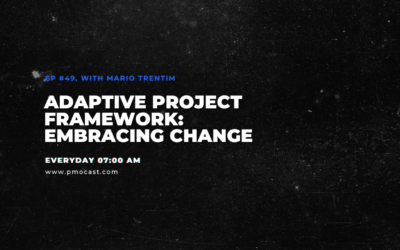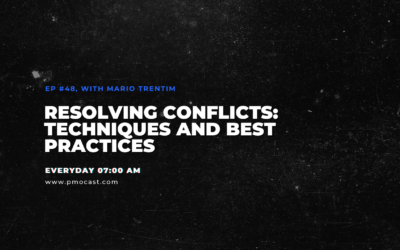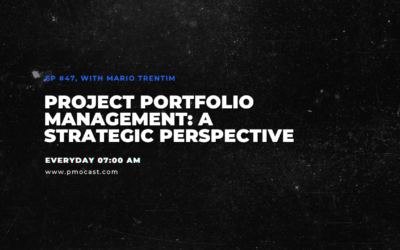Welcome back to PMOCast, where we unpack the complex world of project management. Today, we delve into diverse project management methodologies, primarily the Waterfall, Agile, and Hybrid approaches. By understanding these methodologies, you can handpick the best strategy for your projects and deliver optimal value to your stakeholders.
Overview of the Three Methodologies
1. Waterfall: This is a conventional, linear approach to project management where projects advance through sequential phases, right from initiation to closure. One must complete each phase before progressing to the next.
2. Agile: This offers a more pliable, iterative project management approach, where projects are divided into smaller, manageable tasks or iterations. Agile teams operate collaboratively, adapting to changes and continually improving throughout the project lifecycle.
3. Hybrid: This is a blend of Waterfall and Agile methodologies where projects follow a structured path with allowances for flexibility and adaptation. Hybrid methodologies can provide the best of both worlds, offering structure while accommodating changes when necessary.
Waterfall, Agile, and Hybrid Methodologies: A Deeper Dive
Waterfall:
Pros: The Waterfall approach offers a distinct structure, well-defined phases, and predictable outcomes, making it ideal for projects with fixed requirements and minimal alterations.
Cons: Waterfall projects may be less adaptable to changes, and potential issues may not surface until later in the project, possibly leading to delays or cost overruns.
Agile:
Pros: Agile methodology promotes flexibility, collaboration, and continuous enhancement, allowing teams to react promptly to changes and deliver value more rapidly.
Cons: Agile projects might demand higher communication levels and collaboration, and the lack of a fixed scope or end date can make it difficult to predict project outcomes.
Hybrid:
Pros: Hybrid methodologies strike a balance between structure and flexibility, making them suitable for projects with some uncertainty level or evolving requirements.
Cons: Hybrid projects might necessitate more planning and decision-making upfront to determine the appropriate blend of Waterfall and Agile processes.
When selecting a project management methodology, it’s crucial to consider aspects such as project complexity, stakeholder expectations, team dynamics, and the level of uncertainty or changes involved. By making the right choice, you can optimize project outcomes and achieve greater success.
In our forthcoming blog, we will discuss the project manager’s role and the requisite skills to thrive in this demanding position.
Did you find this article helpful? If so, don’t forget to subscribe to PMOCast to never miss an update. Feel free to share this article with your friends and colleagues using the hashtag #PMOCast. If you have any questions or topic suggestions, we’d love to hear from you.
Thank you for your time, and we look forward to sharing more project management insights with you.
Until then, take care and happy project managing!
Keywords: Project Management, Waterfall, Agile, Hybrid Methodologies, PMOCast.




0 Comments